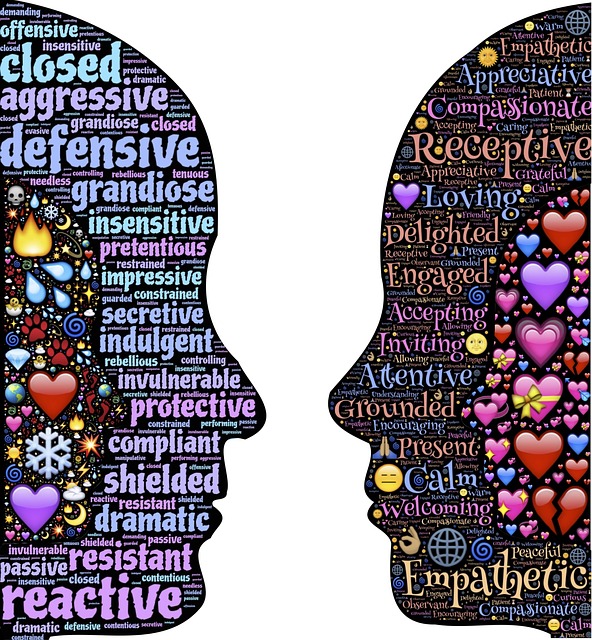
Emotional eating is a type of disordered eating wherein individuals turn to food as a means of emotional relief or comfort. It’s a mechanism people often use to cope with difficult emotions, particularly when they are feeling overwhelmed or stressed. Common emotional triggers include boredom, loneliness, anger, sadness, and anxiety. The act of emotional eating provides a temporary sense of relief, while the physical discomfort later experienced serves as a reminder of how emotions can lead us astray.
Contents
Signs of Emotional Eating
If you’re unsure if you or a loved one is struggling with emotional eating, there are a few telltale signs. Keep an eye out for any of the following behaviors:
- Eating in the absence of hunger – Under normal circumstances, we typically eat when we’re hungry. Emotional eaters are also prone to eating without hunger.
- Overeating – Since emotional eating detaches our eating habits from hunger, it’s not difficult to eat past your body’s needs – which can have negative physical and psychological implications.
- A lack of pleasure when eating – Eating out of emotional distress rather than hunger can cause individuals to lose the pleasure of food and hate the experience.
- Withdrawing from social activities – Many people succumb to comforting food as a means of avoiding people or activities that may cause distress.
- Hiding food – Some people who find it difficult to control their emotional eating habits are prone to hiding food and eating it in secret.
The Physical Fallouts of Emotional Eating
As previously mentioned, emotional eating has various physical fallouts that can lead to long-term health risks. This is especially true for those who struggle with binge eating disorder, as it can cause extreme weight gain. Chronic emotional eaters may also have difficulty getting proper nutrition and increased chances of developing certain health issues, such as heart disease and high cholesterol.
How to Overcome Emotional Eating
If you’re struggling with emotional eating, know that there are steps you can take to break the cycle. Start by reaching out for emotional support and seek out help from a licensed therapist or dietitian. Working with a therapist can help you understand your triggers and work on them in a healthy manner. Additionally, they can help provide the tools you need to identify and cope with emotional distress by going to the root of the problem.
Choosing Healthy Habits
Breaking the emotional eating cycle requires making healthier decisions. If you’re feeling overwhelmed, start by writing down your thoughts, going for a walk, or finding calming activities. Additionally, you can fill your plate with healthy options, like fruits and vegetables. This can be a great way to get the necessary nutrition needed for your body without the guilt and cycle of emotional eating.
The Relationship between Mental Health and Emotional Eating
Understanding the relationship between emotional eating and mental health is key to addressing the problem. Eating behaviors are often tied to mental wellbeing and can be seen as a coping mechanism. Poor mental health can often trigger extreme behaviors, like emotional eating, which can create more distress. This is why seeking out help from a qualified therapist is a great resource for addressing the underlying issues rather than just focusing on the physical aspect.
The Benefits of Overcoming Emotional Eating
By better understanding emotional eating and taking the needed steps to overcome it, individuals can create a healthier and more mindful relationship between food and emotions. With the help of professionals, individuals can learn to recognize their triggers and make healthier choices. In the long run, this can lead to improved physical, mental, and emotional wellbeing.
Keywords: Emotional Eating, Mental Health, Coping Mechanism, Triggers, Overcome, Healthy Habits, Binge Eating Disorder, Nutrition, Professional Help.
